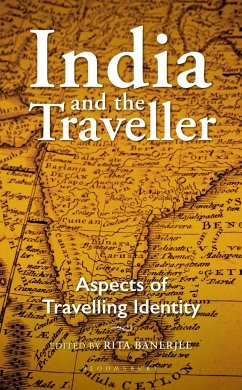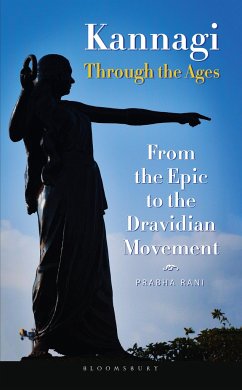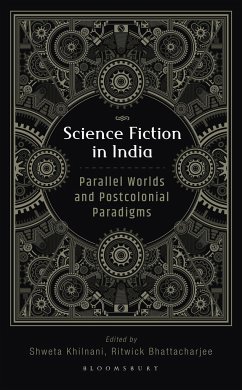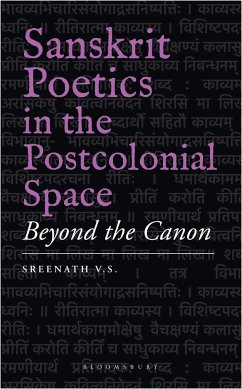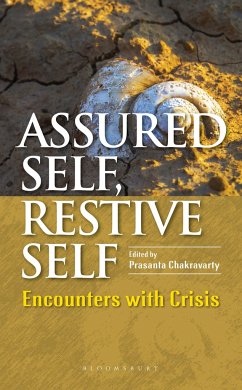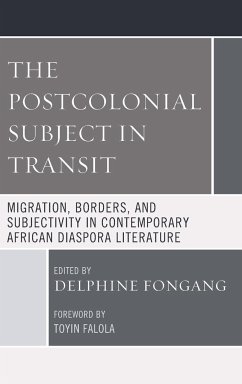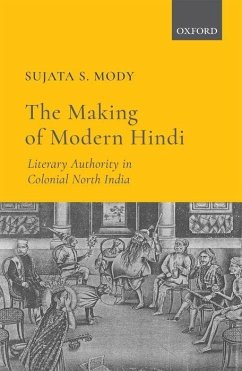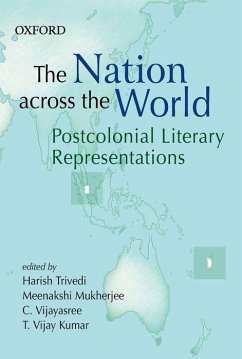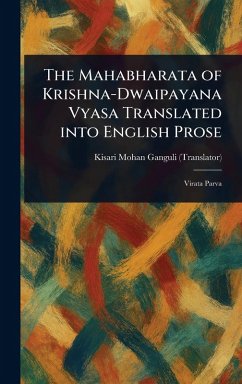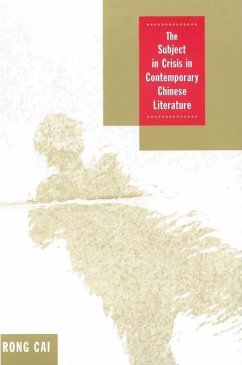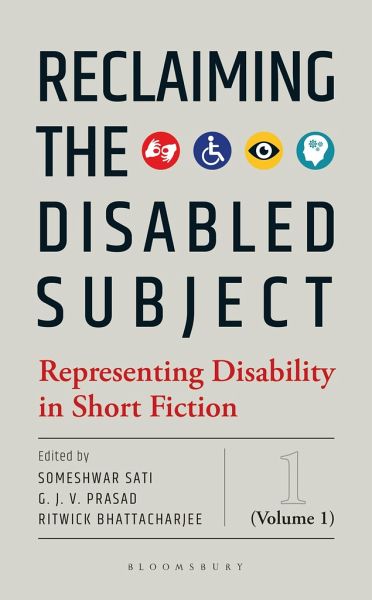
Reclaiming the Disabled Subject
Representing Disability in Short Fiction (Volume 1)
Versandkostenfrei!
Versandfertig in über 4 Wochen
112,99 €
inkl. MwSt.

PAYBACK Punkte
56 °P sammeln!
Mired inside its rather archaic comprehension as a medical phenomenon, disability, for a long time now, has been ignored as a marker of identity. The world has only been busy in rectifying the absences that have, ostensibly "dis-abled", rather than accepting such impaired existences as human beings themselves. The volume intends to reclaim the representations of disability and present narratives that do not just use the figure of the disabled as a means to an end. It includes translation of 17 disability centric short stories from multiple Indian languages into English. Further it uses these s...
Mired inside its rather archaic comprehension as a medical phenomenon, disability, for a long time now, has been ignored as a marker of identity. The world has only been busy in rectifying the absences that have, ostensibly "dis-abled", rather than accepting such impaired existences as human beings themselves. The volume intends to reclaim the representations of disability and present narratives that do not just use the figure of the disabled as a means to an end. It includes translation of 17 disability centric short stories from multiple Indian languages into English. Further it uses these stories as illustration to test and develop new theoretical formulations concerning disability and the disabled. What grants the proposed work its uniqueness is, in other words, not only the translations of the erstwhile lost stories of disability but also the use of these stories towards the formation of theoretical paradigms to move forward the project of Disability Studies. The volume shows, interrogates and problematizes the affect that impairment and disability has on those who are "abled". It presents how the "normal" human being approaches the disabled and interacts with them. All in all, owing to its academic engagement with disability as a phenomenon and within a narrative, this work intends to take the role of a resource book that will find ready use in the newly emergent multidisciplinary field of Disability Studies and will be of great significance to India and the world at large especially since Literature has a major role to play in this field. Not only, then, does it present different disability narratives to the world but, through their academic interrogation, also allows researchers and academics, especially in India, to form the theoretical enhancements in Disability Studies that both our country and the world desperately require.



